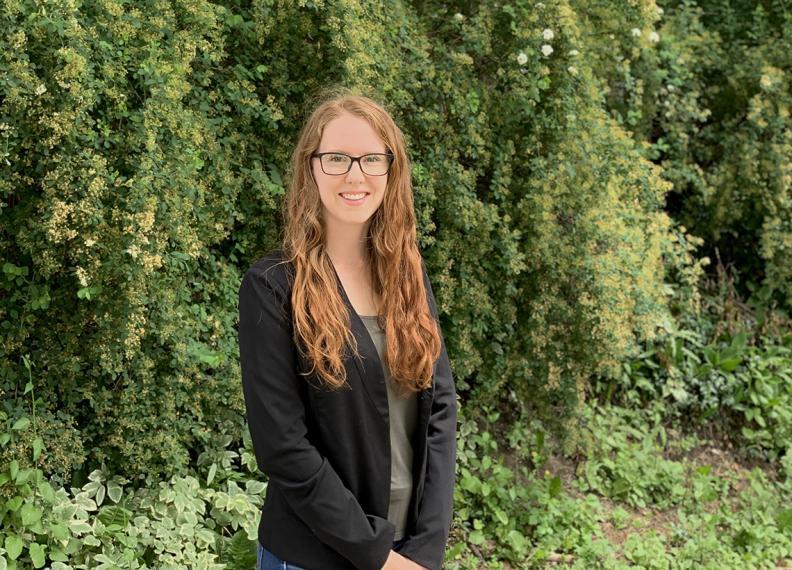
Meet Robin, M.Sc. Environmental Sciences Student
Robin is a passionate environmental sciences master’s student. Soil organic matter and soil health are the primary focus of her master’s research, and she is also heavily involved in the student community by way of volunteering, teaching assistant roles and other student support work. Advancing Canadian agriculture is Robin’s ultimate goal – the knowledge and research exposure obtained during graduate studies is helping her pursue a future career in agricultural research and policy.


